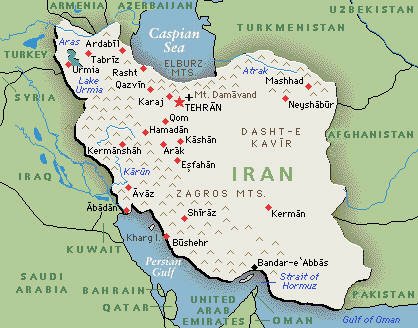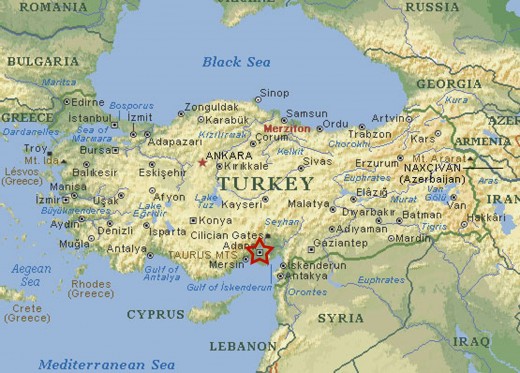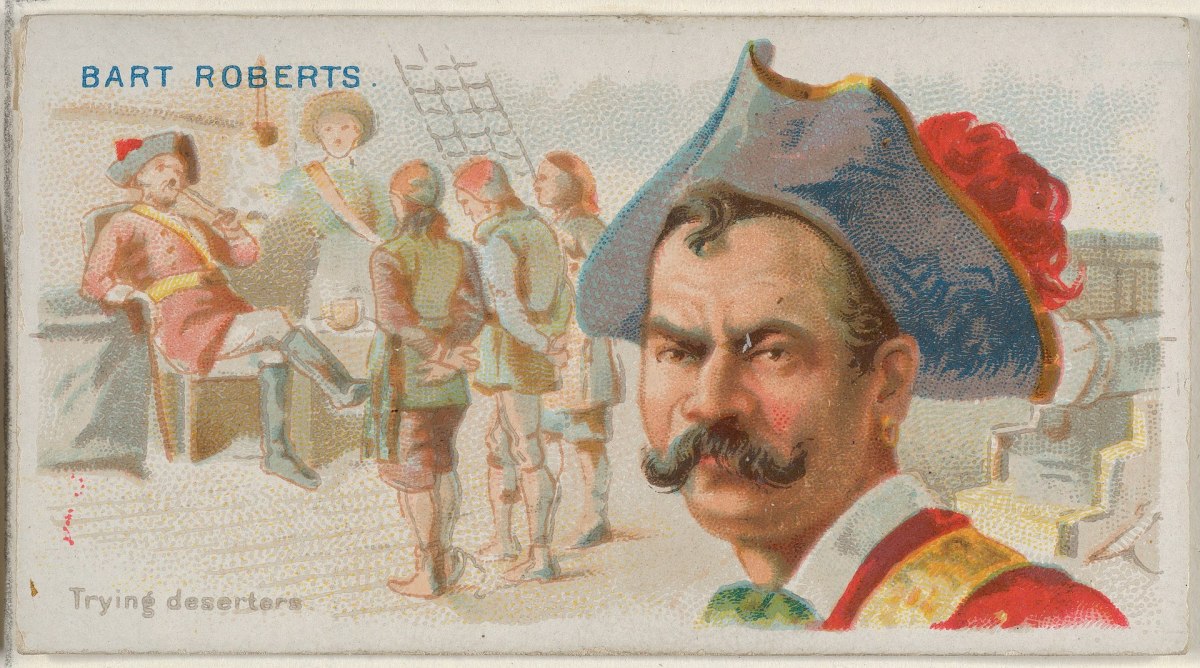Islamism - A False Call for a Return to the Past

Islamist activists of the twentieth century have routinely called for a return to Islamic law and the recreation of an authentically Islamic society, but how successful have they been? They have stated what they want and how it will be when the dust has cleared, but have they really done what they said they would? Have they really created a historically correct Islamic state?
The Golden Age Myth
The Golden Age is something that humans love to think about. It changes from person to person but is essentially "the good ole days" when everything was wonderful and all was right with the world. This started with Greek and Roman mythology but the ideal continued on through time - there are a plethora of examples from Queen Elizabeth I or Victoria in English history, the Tang and Song in Chinese history, the Genroku era of Japan, and many many more.
Islamists have a similar view of a Golden Age. What they want to do is to go back to the roots of Islam - to use only Islamic Law and processes to judge crimes and to remove the innovations and things that have been taken by the west that could be impure and detract from Islam.

Iran
Iran is a country that actually had a revolution to become an Islamic state. Or at least they claim they are, but how much of it actually worked? It has not been really successful in achieving many of the goals that were set forth for raising standards of living: ridding Iran of corruption, westernization and political oppression, protecting Sharia from innovation (as we can see from some of the laws that are in place today), as well as the government that is in place in Iran today.
Return to the Golden Age or Something Completely New?
However, an even deeper question is if the Islamists’ ideas actually represent a return to past social and legal models. The answer is no. Islamists are in a way modernists and are doing what they can to change something - though they claim that they are going back to the way it was, they are in fact not doing anything of the sort. Islamic law was never the only law used, for many reasons. Primarily it was because a lot of times there were other governments that were in control, but secondarily there was the problem of the Islamic law itself; the fact that Islamic law had a lot of gaps.

Sharia Law or Islamic Law Fallacies
In the beginning the law systems used a mix of primarily Islamic law, then secondarily State law, then the customary law was used to fill in gaps, or was just there because it had always been.
In the Ottoman empire there was a rise in state law taking priority in law, with customary law disappearing. Then in the latest period it was almost all state law with a throwback to Islamic law when needed for Muslim personal life. The want for a purely Islamic law is quite new, along with a few other innovations that have come about since the 'golden age' of Islam.
For instance, there were different kinds of law schools that one would go to for different judgements and cases. People would forum shop just to get the right ruling from a judge depending on the circumstances and what they needed. However, with the Ottoman empire, new courts were created by the state and then a codified law that just used one of the schools of law so that all the judgments would be equal and people wouldn’t forum shop.
The Rise of Ulama - Higher Than Before
Along with that the ulama were just learned ones that were respected in the community. The ulama were like judges, teachers, preachers, and were sometimes influential in politics - but they were never revolutionary or in control of making laws and government which is what they have turned into in Iran. Today, there is a council of ulama that took over the government under the leadership of Khomeini and is extremely important, with a lot of government control. This is very new and much different from how ulama would usually act, yet another innovation that was not in the past that has been called to be reclaimed.
Secularism vs Islamism - Different Paths to Modernity
Secularism - the opposite of Islamism (trying to partition church and state) - has taken off in some Muslim countries really well.They both share common goals and normal ideals, such as wanting to have less poverty, wanting to be united together with everyone, and not having oppression in politics or any by other means. The two sides are also both trying to be modern, even if the Islamist side doesn’t know it or admit it. They are reaching their modernity by very different means. So far, though, the Secularist side seems to be delivering more on what they are promising than the Islamist movement has been able to do yet.

Exploration of Secularist State: Turkey
The main differences in what the Islamists and Secularists believe is in the separation of church and state. The secularists in Turkey illustrated a reaching of goals through action. Some of the things that the Turkic government did was to get a civil code that dealt with changes to Islamic law: such as treatment of women, the rights and money that women were allowed, the abolishment of the religious court system, the use of religion in politics, and the removal of an article of government that said that the Turkish state was Islamic.
Increases in women's rights and equality is an important step to modernization and a great goal to reach, showing that Secularism can help the state without damaging faith.

To the Future
As the middle east continues to work on its solutions to religious issues, we will find out what is to become of the Islamist and Secularist movements that are still ongoing, and probably will continue for a while now. However, at the moment, all we know is that Islamists aren’t exactly matching their call to "return to Islam!" and "return to the way it used to be!" and are in fact twisting history to how they want it to be in order to innovate in a new direction, or in the direction their leaders want to go.








